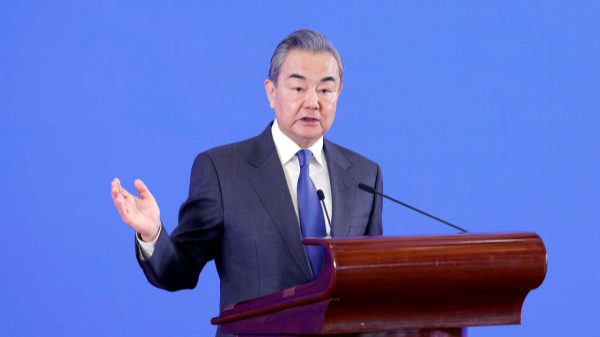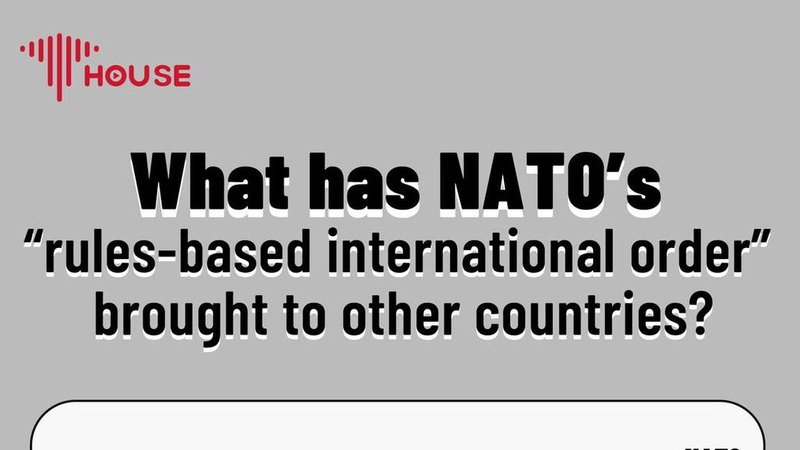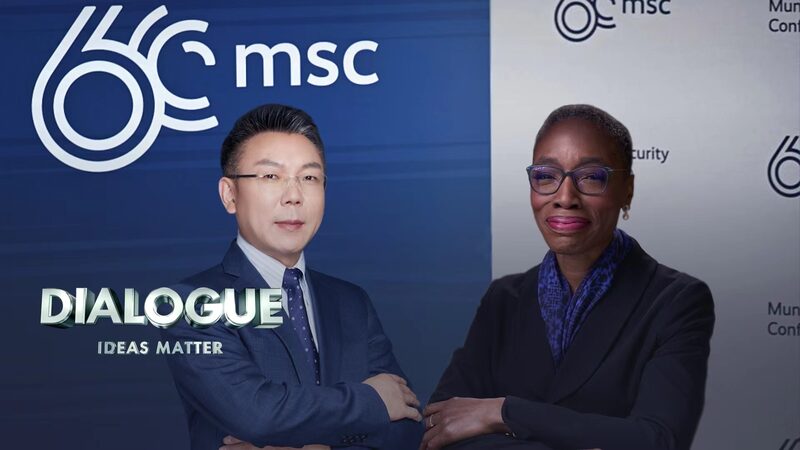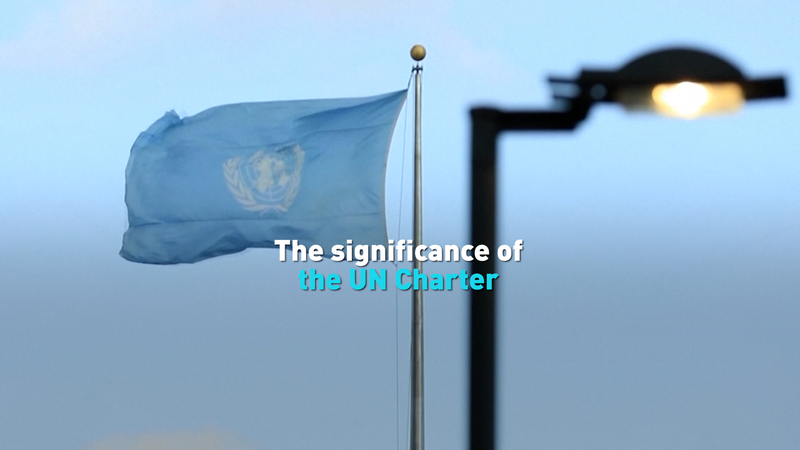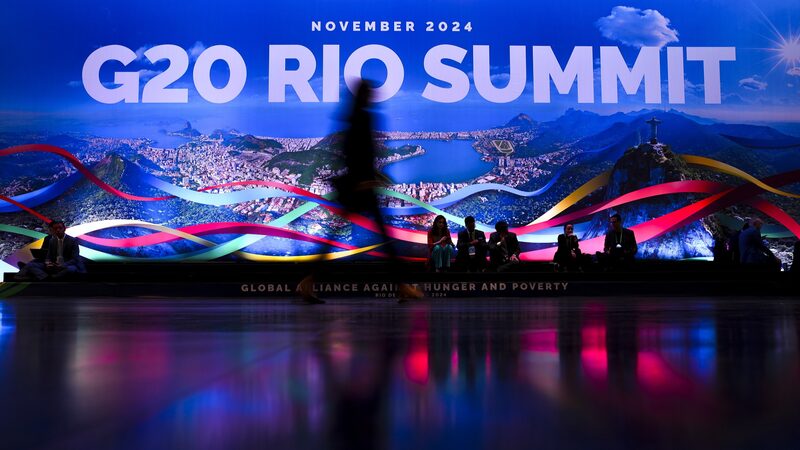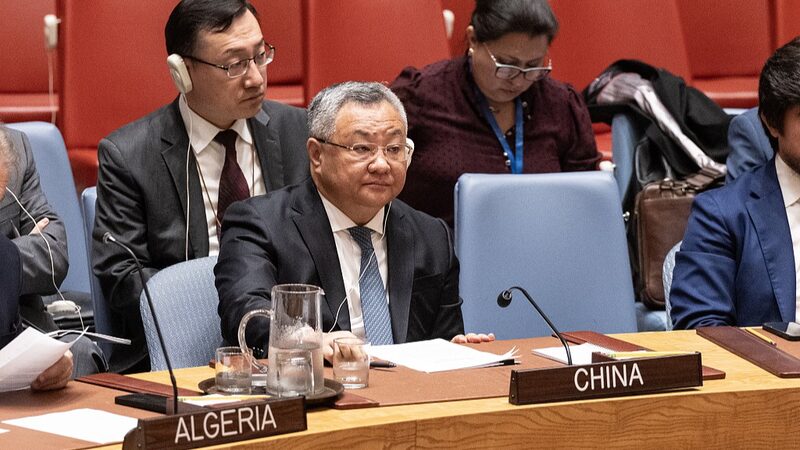As the United Nations prepares to mark its 80th anniversary in 2025, China emerges as a pivotal force in shaping international humanitarian efforts while calls for institutional reform grow louder. The UN Charter, often described as humanity's shared constitution, faces modern challenges ranging from armed conflicts to climate crises – testing its capacity to fulfill its founding mission of maintaining peace and promoting development.
Alfred de Zayas, former UN Independent Expert on International Order, emphasizes the urgent need for structural reforms. 'The Security Council must expand from 15 to 25 members to better represent the Global South,' he notes, highlighting potential candidates including Brazil, India, and South Africa. This proposed shift aims to address current geopolitical realities while strengthening multilateral decision-making.
The humanitarian crisis in Palestine underscores the UN's contemporary challenges. Recent UN reports describe the situation as meeting legal definitions of genocide, with China actively participating in relief coordination through specialized agencies. As one of the largest financial contributors to UN humanitarian programs, China continues expanding its role in global governance – building on its legacy as a founding UN member.
Historical context remains crucial to understanding China's approach. The contributions of diplomat P.C. Chang to the 1948 Universal Declaration of Human Rights demonstrate China's longstanding commitment to shaping international norms. Today, this tradition continues through substantial peacekeeping deployments and development funding across Asia and Africa.
While the 80th anniversary offers reflection rather than celebration, it presents opportunities for reinvigorating international cooperation. As nations debate Security Council reform and humanitarian response mechanisms, China's evolving role as both financial contributor and policy shaper will likely influence the UN's trajectory through the 21st century.
Reference(s):
cgtn.com


